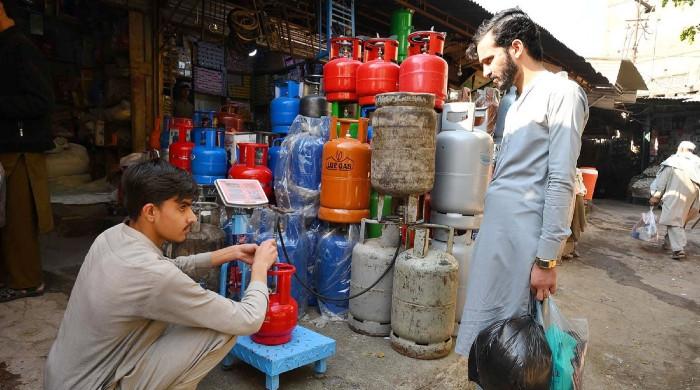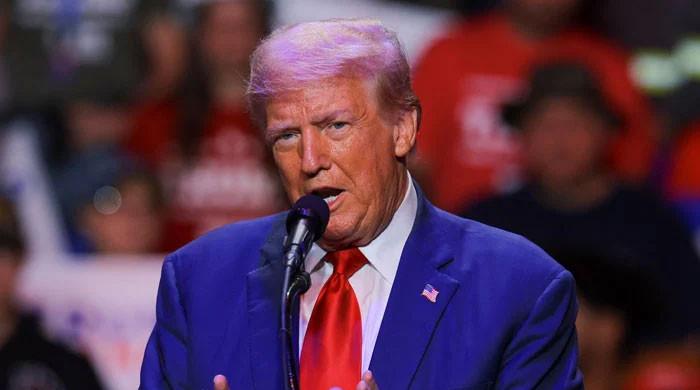Pakistan, IMF reach agreement on $6 billion package
Pakistan will receive $6 billion from IMF in addition to $2-3 billion from World Bank and Asian Development Bank over next three years: finance adviser
May 12, 2019
ISLAMABAD: Adviser to Prime Minister on Finance Dr Abdul Hafeez Shaikh announced on Sunday that Pakistan and the International Monetary Fund (IMF) have finalised an agreement on a package worth $6 billion for a period of three years.
Speaking to the state TV, the finance adviser said that Pakistan has reached a staff-level agreement with the global lender, and further talks will continue after the IMF's executive board's approval.
"The country is awaiting a final nod from the board of directors from Washington," he said.
"The IMF team has reached a staff-level agreement on economic policies that could be supported by a 39-month Extended Fund Arrangement (EFF) for about US$6 billion," the IMF announced in a press release.
IMF to support structural reform agenda
The IMF in its press release said that it aims to support the federal government's structural reform agenda during the next three years.
"This includes improving public finances and reducing public debt through tax policy and administrative reforms to strengthen revenue mobilization and ensure a more equal and transparent distribution of the tax burden," it said.
'Cost-recovery in energy sectors and state-owned enterprises'
The IMF said that a comprehensive plan for cost recovery in the energy sector and state-owned enterprises will pave the way for the government to reduce the fiscal deficit draining the government resources.
The body said that the coming budget will be aimed for a primary deficit of 0.6 percent of GDP supported by tax policy revenue mobilization measures to eliminate exemptions, curtail special treatments, and improve tax administration.
Improve targeted subsidies, scale up BISP
The IMF said that the government has agreed to scale up the Benazir Income Support Programme and improve targeted subsidies, with the goal of protecting the most vulnerable segments of society.
SBP's operational independence and mandate
According to the agreement the authorities from both sides committed to give operational independence and mandate to the State Bank of Pakistan.
The central bank is expected to focus on reducing inflation, which disproportionately affects the poor, and safeguarding financial stability.
The PTI government has also agreed to keep a market-determined exchange rate to help the transparent functioning of the financial sector.
IMF's priority areas
The IMF has listed its priority areas for improvement in the Pakistani economy: management of public enterprises, strengthening institutions and governance, continuing anti-money laundering and combating the financing of terrorism efforts, creating a more favorable business environment, and facilitating trade.
The financial body has said that to improve fiscal management the authorities will engage provincial governments on exploring options to rebalance current arrangements in the context of the forthcoming National Financial Commission.











